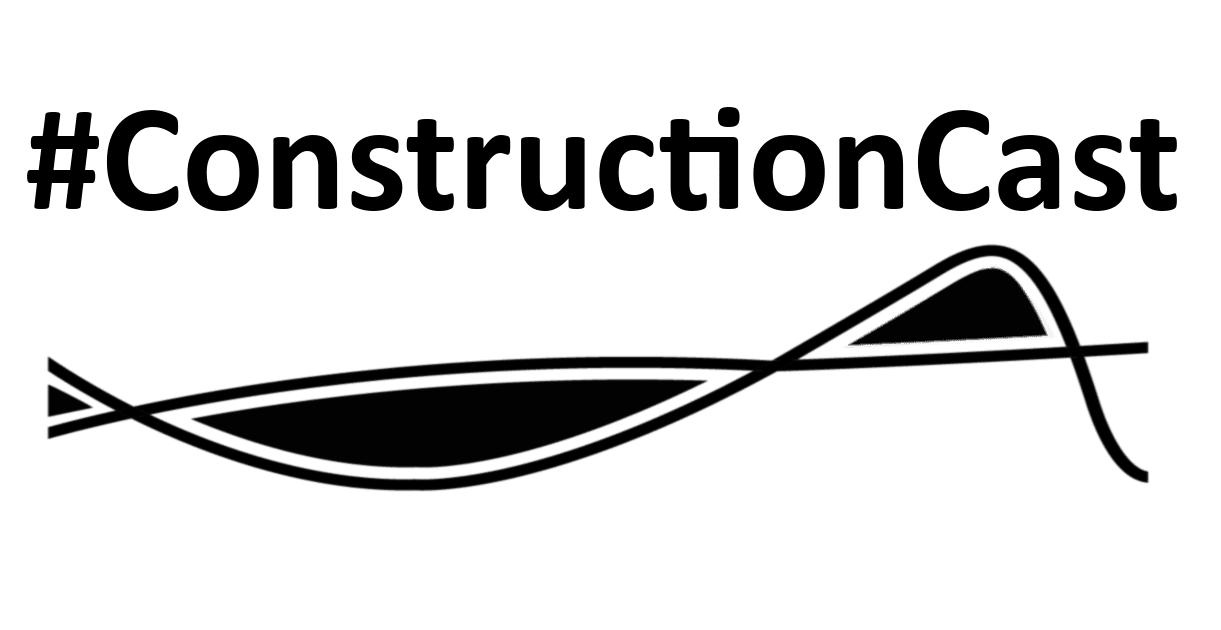Jon Miller, Partner at Fenwick Elliott, Thierry Linares, Managing Director at FTI Consulting, and David Brynmor Thomas QC of 39 Essex Chambers joined for the second ConstructionCast on 1st April.
UK and France
We started by looking at COVID19 and what’s happening on sites in the UK and Europe. Jon’s feedback was that in the UK reactions remain mixed. Some sites are open, some are closed, some were suspended and those suspensions have been extended in many cases.
Thierry reported that in France. public works have stopped. Notre Dame, St Nazaire, etc have all been suspended. However, in the private sector there are some projects continuing.
Force Majeure?
David commented on whether Force Majeure claims are likely and what the challenges might be with such claims. While the industry seems to have used the term quite widely, it will not be enough to just say, ‘COVID-19 exists, therefore Force Majeure applies’. This is both because instructions from Governments have varied and as have responses from industry.
The key is to examine, what is the ‘event’ and when did it occur? Much will depend upon the individual contract and the consequences for each project.
For those who’ve been told they must go to site, Jon noted that each site is different. Each will present its own challenges, which need addressing by the person responsible for health & safety at the site.
Keep Records
As with so many things in construction, records were noted by Jon as being key. Take notes/observations from other operatives, and record what the response of other contractors on site has been. Take photos or video what the conditions are like, etc. Remember that simply refusing to work may be a breach of contract.
It was noted by the speakers that supply chain issues will potentially be the cause of the real disputes further down the line. When procuring items offsite, a contractor may not be able to claim force majeure, under their contract, even though it may have affected another part of the supply chain.
For public works in France there has been a recognition of a sanitary emergency for a two month period. The bill passed in France is not strict Force Majeure but may cover impossibility. All contractors have been relieved effectively being granted an extension of time but possibly no money.
Thierry observed that a big issue may be that of absenteeism, and lack of productivity. In such cases, contractors need to do as they would do in most situations. Record actual progress as a result of site conditions. Provide notifications to let the employer know how things are going. Then at the end of the crisis, we should be in a position to take stock. Again, records are key.
Governments have been very active in protecting workers, so it may be that in France at least, contractors look to the government to cover costs. This could make for very interesting claims.
Get Your Notices In
Jon noted that under JCT – notice must be given when works are ‘likely to be delayed’. Even with a safe method of working where work can continue, the rate of progress is almost certain to slow down.
NEC – notice is required of the contractor, becoming aware that the event has happened. 13 March – is the date of the declaration of the Pandemic by WHO. Is it arguable that this was, “the event”? Some employers are already suggesting that two weeks after that is too late.
Jon and Thierry both noted it is important to be wary of Force Majeure. More importantly, where do other issues lie? If work is not safe under H&SW Act can it continue? Could a situation on-site be classed as a “prevention” – there may be arguments which provide time and money, beyond the Force Majeure discussion.
Furthermore, Thierry noted, if staff refuse to go on-site for safety reasons, could that be classed as a strike? Strikes are not generally covered under force majeure.
Conclusion
In conclusion it seems the speakers were in general agreement that Force Majeure may be a very difficult point to prove and even harder to claim for. It is critical now, more than ever, to keep records, take photos and record all conversations and instructions with dates and times. And ensure that you communicate clearly and accurately with your employers.
Join us for the next #ConstructionCast – they take place on Wednesday, each week at 2pm. You’ll find details on our social media feeds and emails. The above is a summary of comments made during the cast, but should not be construed as legal advice or the formal advice of the participants or their respective organisations and employers.

